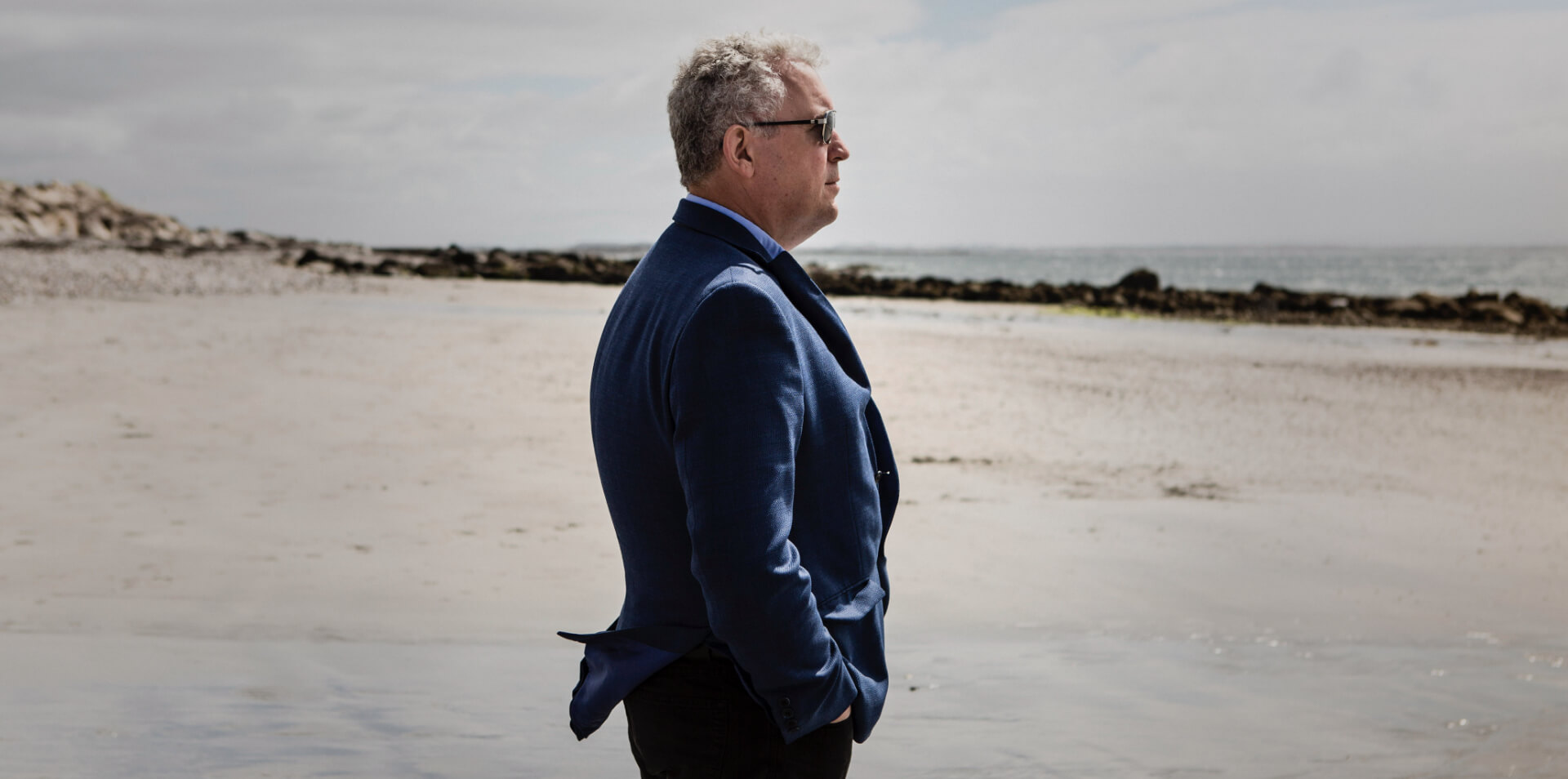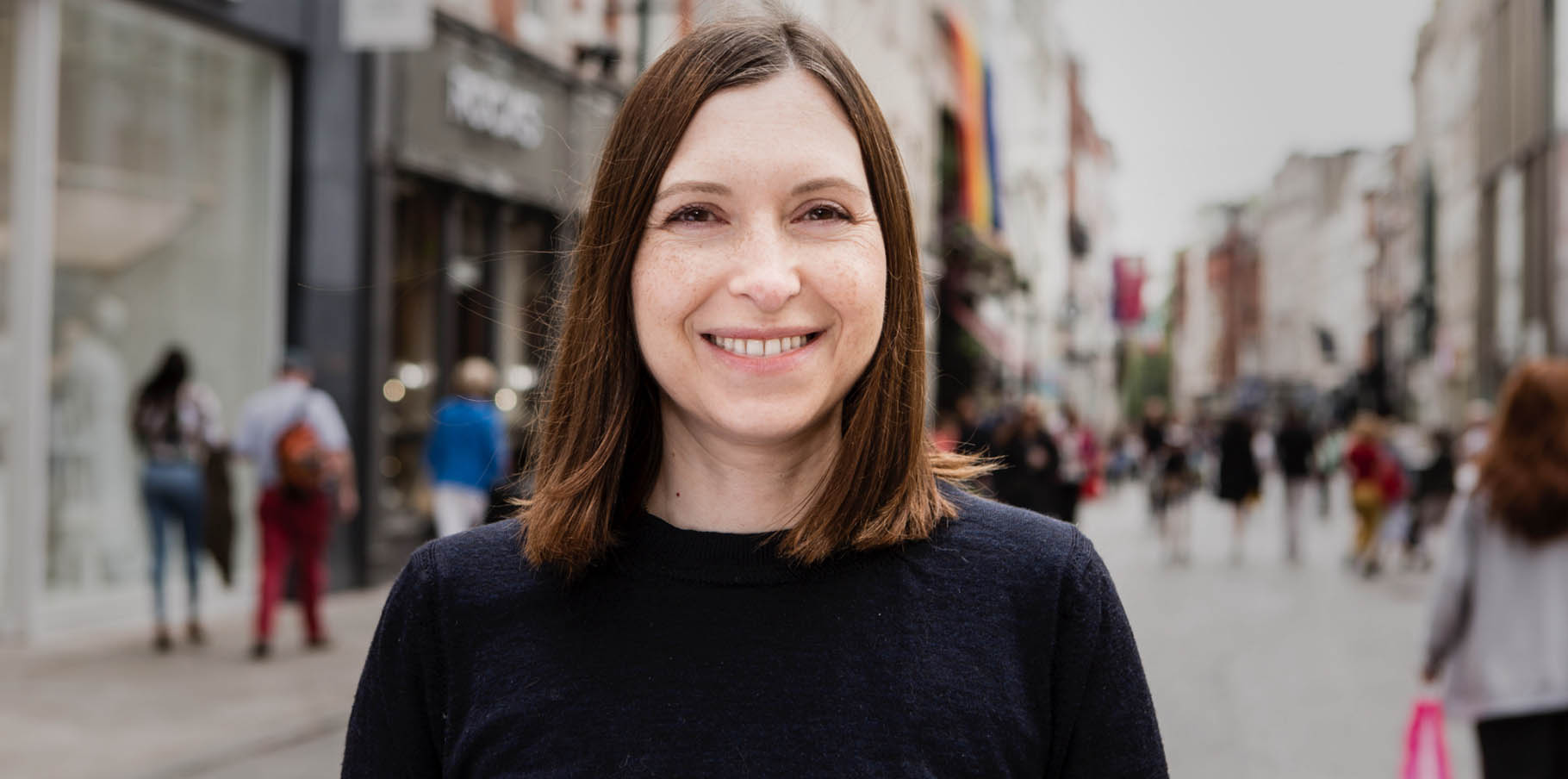There is a global skills shortage in hi-tech industries, but Ireland is stealing a march on the competition by skilling up a world-class workforce
Ireland is widely acknowledged as having a highly educated and creative workforce. For evidence of this, one might point to the fact that, for six years running, graduates from Trinity College Dublin have founded more venture-backed companies than graduates from any other European university.
IDA Ireland, the government agency that attracts inward investment to Ireland, has assiduously pursued investment from expanding companies in dynamic and fast-changing sectors, and the country’s agile and capable workforce has been one of the strongest enticements for some of the biggest names in technology, life sciences and financial services.
Financial incentives from the government have helped Irish third-level institutions achieve among the highest proportion of STEM (science, technology, engineering and maths) graduates in the EU, helping to feed the talent pipeline from which multinationals can recruit.
53.5 per cent of 30 to 34-year-olds in Ireland have a third-level qualification, compared to an EU average of 40 per cent.
The presence of multinational corporations (MNCs) offering well-paid jobs in fast-growing industries is a tangible incentive for young people, says Gary Mullen, head of Dublin-based recruitment firm Prosperity. “There’s an incredible amount of motivation to go out and get the right qualification to give yourself the best chance in the marketplace. There is a big motivation here to do well with all these companies coming in.”
Keeping that talent pipeline in good shape encourages further investment from existing multinationals in Ireland. US-based financial services giant State Street, which manages $4tn in assets, marked its 25th year in the country by announcing it was recruiting a 400-strong team for a new global cyber security and technology unit. Its reason for choosing Ireland again was “in large part due to the availability of relevant and skilled technology talent — existing and emerging — from universities and third level institutions”.
Similarly, global chip-maker Intel arrived in Ireland more than 30 years ago and since then has invested around $22 billion. In March it announced 1,600 new jobs at its Irish plant, one of the largest ever single job announcements by a multinational in Ireland.
Such success is testament to the “collaborative effort between enterprise, education providers and the Government,” says Breda O’Toole, Head of Talent Transformation & Innovation at IDA Ireland. This, she says, has created a fit-for-purpose tech education ecosystem that is “innovative and responsive”.
That spirit of collaboration and responsiveness can be seen at work as stakeholders set about addressing a global shortage of talent, particularly in the tech sector, which is a challenge for both multinationals and indigenous companies looking to scale their operations.
US-based financial services giant State Street, announced it was recruiting a 400-strong team.
the 4th highest international workforce in the EU.
“It’s definitely the case that there’s just not enough software engineers in the world to go round,” says Des Traynor, Co-Founder of growing messaging platform Intercom. The company is one of many tech businesses who have got involved in a new style of degree programme being pioneered at University of Limerick (UL) that aims to produce graduates who can hit the ground running in industry.
The degree eschews classroom learning in favour of studio-based setups and team projects, and will have, as Traynor puts it, “hands-on training baked into the programme” through several extended internships in partnering companies, including Facebook, Boston Scientific, Shutterstock, and Shopify.
Similarly, Ireland’s first master’s degree in artificial intelligence, launched in 2018 at UL, was a direct response to industry needs. It involved several companies in its development and was was described as “a powerful statement of intent from Ireland” by technology website Silicon Republic.
These two UL degrees typify the productive collaboration between tertiary institutions and industry that plays out across Ireland. In particular, IDA Ireland works to ensure that Ireland’s technological universities respond to the needs of businesses and engage internationally.
“Understanding the needs of business both now and into the future helps shape the curriculum and creates a match between graduates and the future of work,” says O’Toole. “This helps our education and training system to survive and be attractive to overseas students.”
Global chip-maker Intel has invested around $22 billion in Ireland since arriving 30 years ago.

Professionals from overseas help make up the shortfall in skills, and Ireland scores consistently highly in country surveys for attracting and retaining international talent. Quality of life in a revitalised and more socially liberal country is unquestionably a draw for young foreign professionals, who soon discover that Ireland’s reputation as the land of “cead mílle fáilte” - a hundred thousand welcomes- is quite justified.
Dublin, especially, is viewed as an increasingly diverse and vibrant global hub, its high housing costs notwithstanding, while regional centres such as Galway and Cork are also proving attractive hubs.
Domestically, efforts to feed the talent pool start young. UL’s innovative degree programme is mirrored in Bridge 21, a secondary-school level initiative spearheaded by Trinity College Dublin that uses team and project-based formats to explore learning through technology.
The project has attracted support from businesses such as Salesforce, the cloud-based software multinational, which has partnered with Bridge21 for its CodePlus programme, which encourages women and those from disadvantaged backgrounds to work in STEM and technology fields.
There is a branding job to be done, argues IDA’s O’Toole, to build on the valuable work IDA clients such as Salesforce do in connecting with schools and colleges, parents and careers advisers.
“Young people need to be shown the exciting career opportunities that are emerging in industry through, for example, the application of technology — and how lifelong learning can take them on a fantastic career journey though the superb companies here in Ireland,” says O’Toole.
Today, Ireland’s thriving start-up scene should give cause for optimism about the positive effect of multinationals in driving indigenous entrepreneurialism. It is evidence of a virtuous circle at play, says Mullan.
“If you get into, say, Google, you’re getting an incredible experience and who’s to say you won’t start your own start-up in a couple of years, so there’s that [sense of] entrepreneurial opportunity. It’s creating the belief that people can do it.”
Ireland’s first master’s degree in artificial intelligence, launched in 2018 at University of Limerick.





















